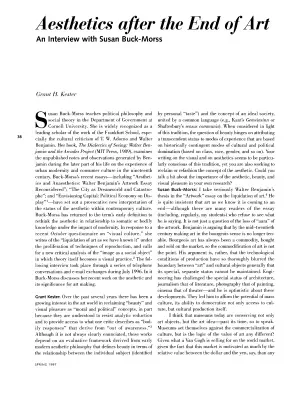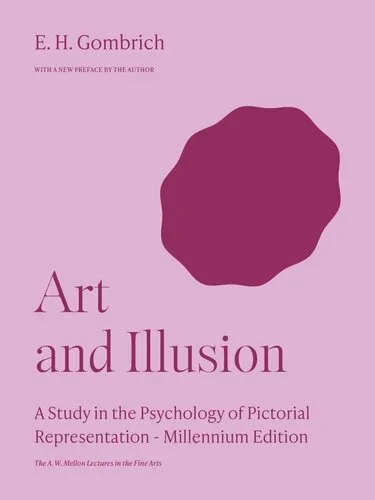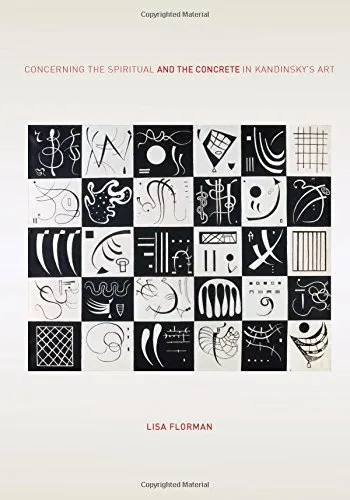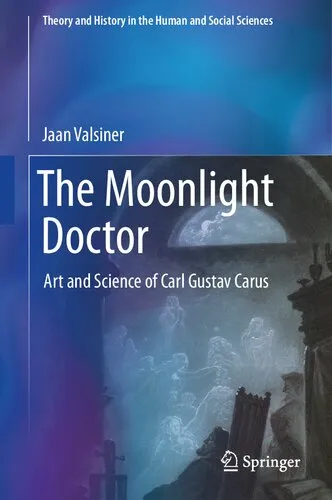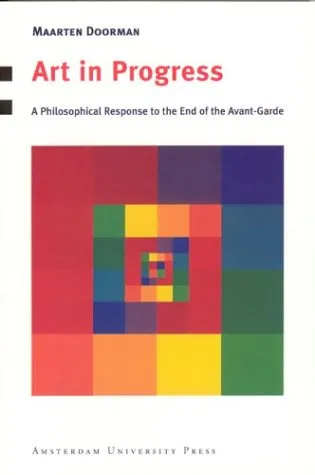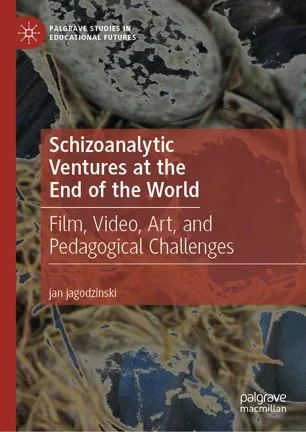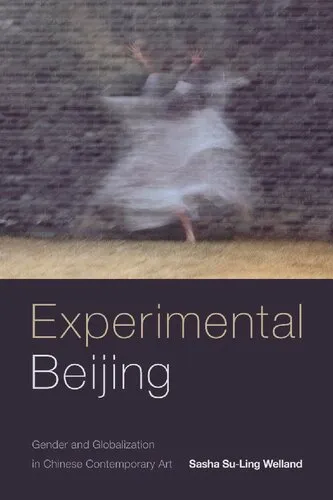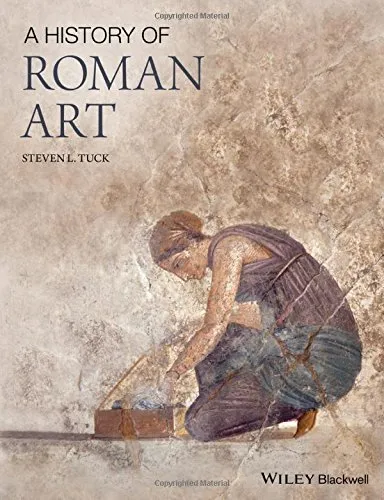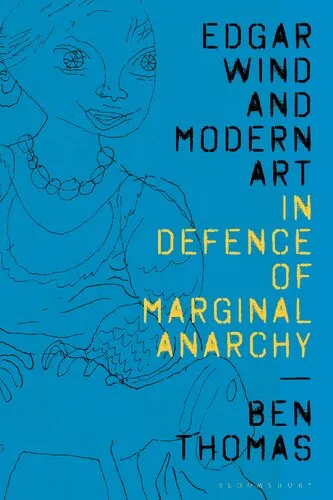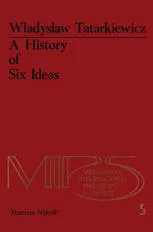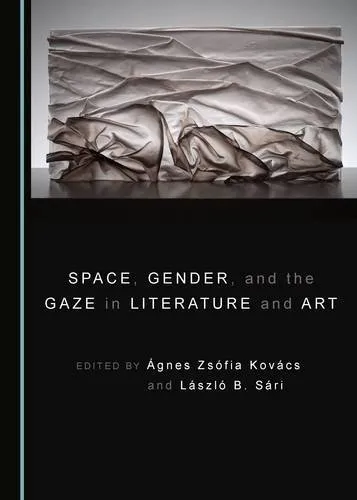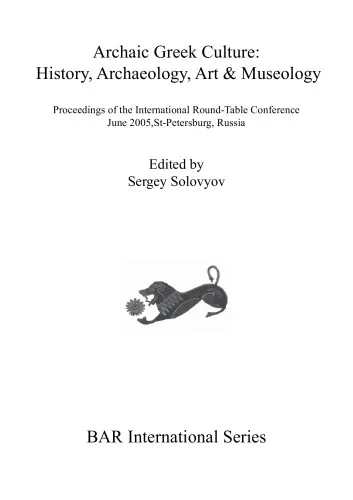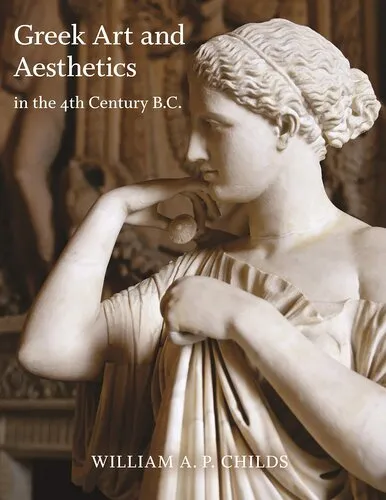Aesthetics after the End of Art, interview
4.5
Reviews from our users

You Can Ask your questions from this book's AI after Login
Each download or ask from book AI costs 2 points. To earn more free points, please visit the Points Guide Page and complete some valuable actions.Related Refrences:
Introduction to "Aesthetics after the End of Art, Interview"
"Aesthetics after the End of Art, Interview" by Buck-Morss Susan and Kester G. embarks on a compelling journey through the realms of aesthetics, critical theory, and the evolution of art. Positioned at the intersection of philosophical inquiry and contemporary art discourse, this work addresses significant transformations in the world of art and how these changes impact our understanding of aesthetics.
Detailed Summary of the Book
The book begins by questioning the traditional boundaries of art and positing the idea that we may be witnessing "the end of art" in its classical sense. It ventures through a landscape marked by conceptual art, post-modern critiques, and a shifting aesthetic discourse that acknowledges the growing influence of global and digital cultures.
Buck-Morss and Kester engage in a dynamic interview format, allowing for a conversational exploration of how aesthetic experiences are being reshaped by socio-political changes, technological advancements, and cultural exchanges. The authors delve into various movements and figures that have contributed to this transformation, scrutinizing how our notions of beauty, originality, and meaning have evolved.
The exploration touches upon influential thinkers such as Theodor Adorno and Walter Benjamin, integrating their theories into a broader dialogue about modernity and the role of art in society. Furthermore, the book reflects on the commodification of art in an era of consumerism, questioning its impact on artistic authenticity.
Key Takeaways
- Understanding the transformation of aesthetics in a post-modern, globalized context.
- Insight into the interplay of art, politics, and society in shaping cultural narratives.
- The implications of digital technology on traditional art paradigms and aesthetic values.
- A recognition of art as a dynamic, evolving entity reflective of contemporary issues.
Famous Quotes from the Book
"Art, when free from the constraints of tradition, offers a critical lens through which we perceive the world."
"We stand at the precipice of an aesthetic revolution where boundaries dissolve and new forms emerge."
Why This Book Matters
"Aesthetics after the End of Art, Interview" is pivotal for scholars, artists, and enthusiasts interested in the intersection of art and philosophy. It provides a critical examination of the changing aesthetic landscape, challenged by globalization and technological advances.
As art becomes increasingly democratized and interwoven with everyday life, understanding its evolving nature becomes crucial. This book serves as a guide to navigating these changes, offering profound insights into the role of art in a rapidly changing world.
The dialogue format makes it accessible to a broader audience, inviting readers to reflect on their own perceptions of art and its significance. Ultimately, the book is a call to action to embrace the fluidity of art and aesthetics, encouraging a continual exploration of new boundaries and definitions.
Free Direct Download
You Can Download this book after Login
Accessing books through legal platforms and public libraries not only supports the rights of authors and publishers but also contributes to the sustainability of reading culture. Before downloading, please take a moment to consider these options.
Find this book on other platforms:
WorldCat helps you find books in libraries worldwide.
See ratings, reviews, and discussions on Goodreads.
Find and buy rare or used books on AbeBooks.
